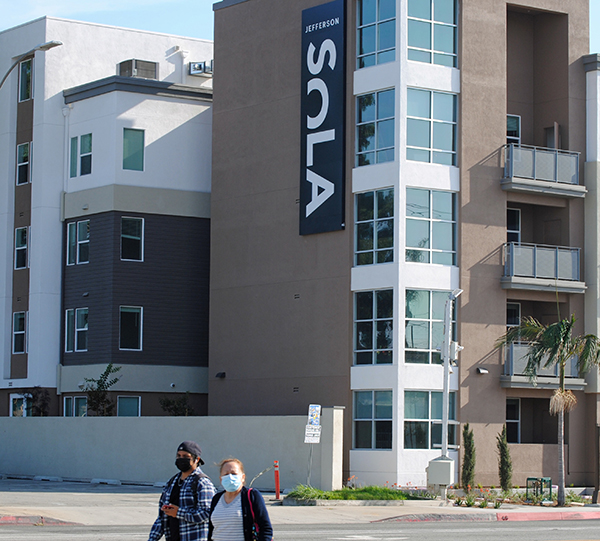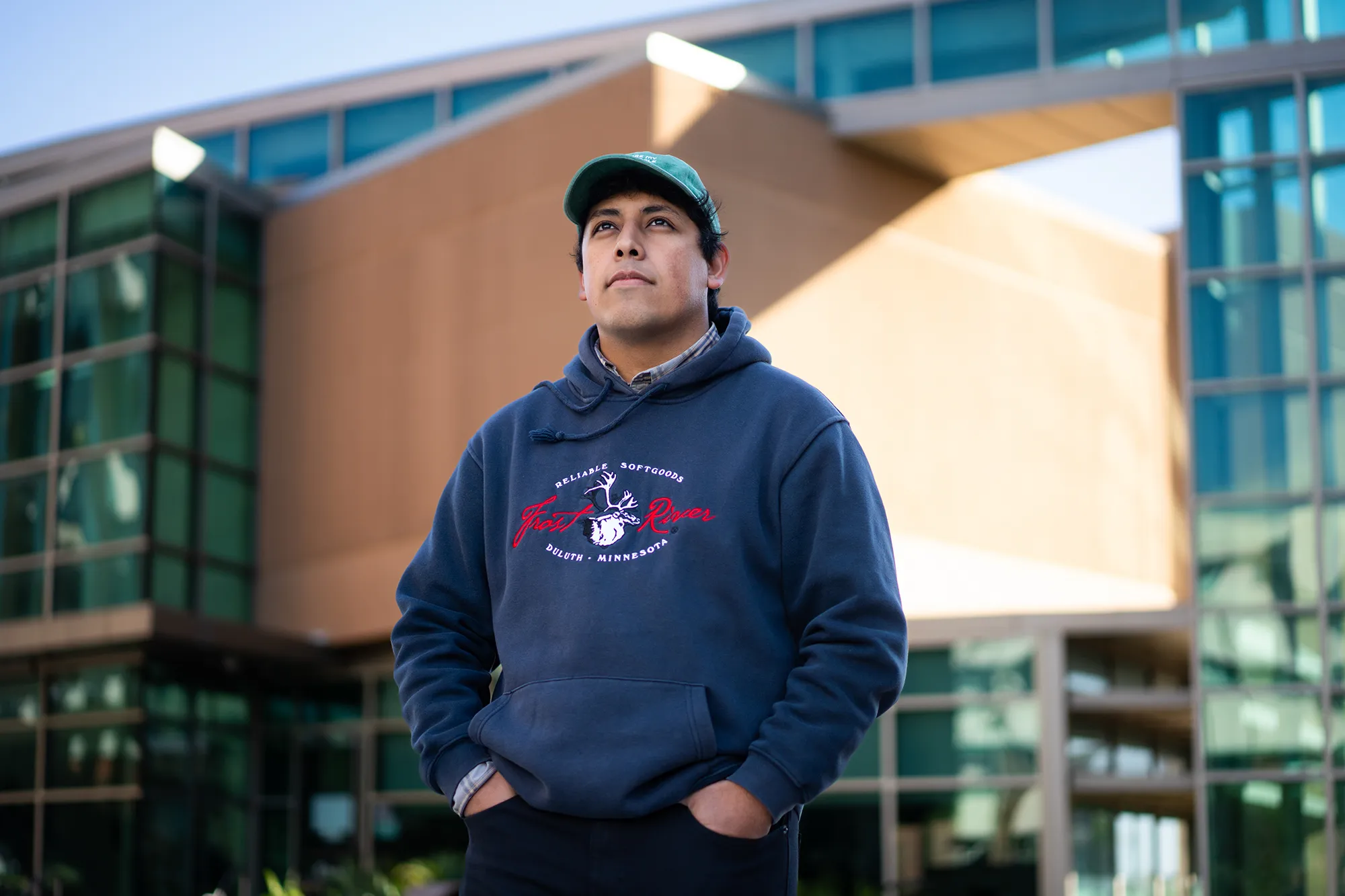By Alfredo Santana
Contributing Writer
SOUTH GATE — The City Council has approved by unanimous vote the issuance of $162 million in non-municipal bonds by a private financial company that will be used to purchase 244 new middle income apartment units for rent to young professionals, public employees and other higher salary earners.
The council authorized City Manager Chris Jeffers to sign documents and take actions to facilitate California Municipal Finance Authority to issue bonds and buy the Jefferson SoLA apartments at 10920 Garfield Ave.
The real estate purchase calls for South Gate to lend its government status and forego tax collections for the next 15 years on the property before forcing California Municipal Finance Authority to put it up for sale, with the potential to reap at least $14 million in profits at current market value, or about $21 million once the bonds are paid for and the apartments are sold.
If resold in 35 years, the city could earn nearly $66 million in current value, or about $186 million taking into account inflation, Jeffers said in a report to the council last month.
However, the lack of property tax collection will be felt immediately. Because the property would be registered as government owned, the deal represents a projected loss of $83,000 the first year, $1.4 million for the next 15 years, and up to $4.2 million if the property is sold 35 years later.
The city will not be engaged in collecting monthly rent, but can levy taxes on rental permits and renewals, school bonds and other municipal services.
Most council members said that the investment guarantees housing for professionals and recent college graduates with roots in the area wishing to enter into the rental market.
They agreed that South Gate wants to diversify its stock of available housing and provide modern units for tenants able to pay steeper rents.
“There are a lot of people who have started their careers and want to stay close to their parents and communities,” Mayor Al Rios said. “[The lot] used to be a swap meet. I think we will continue to develop that part of the community.”
Councilwoman Maria del Pilar Avalos said she initially had doubts on the proposal because the property would be rekindled as the city’s middle income housing program and did not fall into an affordable or higher income bracket.
However, Avalos said that agreeing to the bond purchase “would be a good opportunity for our youth to get their feet wet in housing,” and the apartments provide living spaces for the upcoming middle class.
“The middle group seems to be kind of always forgotten,” Avalos said. “We see housing project after housing project and often affordable housing [funded], with little or no federal subsidies for middle income tenants.”
Tenants willing to apply should earn from 80% to 120% of the area median income. The U.S. Census Bureau reported that in 2019 the city’s median income was $52,321.
In other words, potential renters should earn between $41,857 and $62,785 a year to be considered for a unit.
Before the transaction was authorized, owner and developer Clearwater Communities planned to lease all units at a higher market value.
Switching to middle income status lowered each unit’s rental fees between $100 and $500, the report said.
Now, one room apartments will cost between $2,207 and $2,436; two bedrooms units would fetch from $2,483 and $2,907, and three bedroom units are expected to rent from $3,690 to $3,865 a month.
Apartment Management Consultants was chosen to be the onsite property administrator in charge of recruiting tenants and renting dwellings that offer air conditioning, individual parking stalls, balconies, on-site pool, a fitness room and other amenities.
Councilman Gil Hurtado said “the city is not in the business of owning real estate,” but underscored that the allocation of middle income units in the city represents an opportunity to broaden the housing market.
Jeffers said South Gate will not be liable, incur costs or face administrative responsibilities related to the real estate acquisition, aside from hiring consultants to review and approve the transaction and documentation.
“The city is not the bond issuer and provides no funding or credit enhancement to the transaction,” Jeffers said. “The acquisition bonds do not diminish the city’s issuing capacity and are backed solely by the project revenues.”
California Municipal Finance Authority agreed to return South Gate 25% of the transaction fees earned for its role in issuing the purchasing bonds, or $112,000, to be deposited into the city’s general fund account for any legal use.
Local resident Virginia Johnson quizzed the City Council on what would happen to the tenants if the buildings are sold in 15 or 35 years, and said she is disappointed that Clearwater Communities tricked South Gate residents to believe it would develop market rental units in 2017, only to step aside and transfer them for middle income tenants.
In addition, Johnson warned that potential Jefferson SoLA residents will drive to nearby Downey to buy groceries at Stater Brothers Market, Walmart, Vons and other well stocked retailers, eat at that city’s trendier restaurants and leave South Gate a desert with nearly zero shopping dollars.
She berated the City Council for not doing enough to revamp the area’s shopping district, and for ignoring the need to entice a supermarket chain to set shop near the intersection of Garfield Avenue and Imperial Highway.
“You will keep bringing all these people and don’t give them places to shop,” Johnson said. “You are giving housing to these middle income people and they will not spend their money here.”











